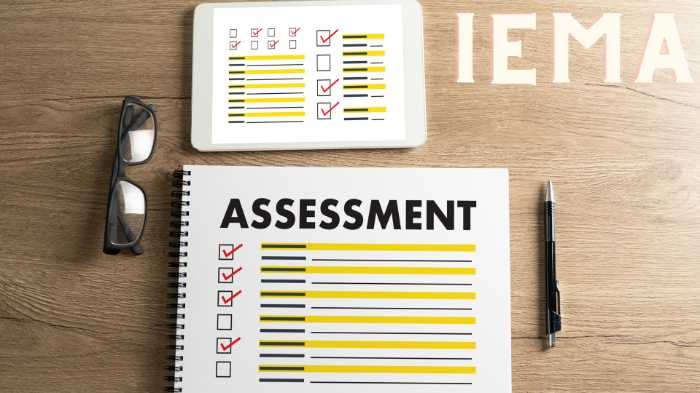
The Institute of Environmental Management and Assessment (IEMA) is a global, independent, not-for-profit professional membership organization that leads and shapes environmental management and assessment internationally. They are the largest organization of its kind in the world, with over 15,000 members in 150 countries. IEMA provides qualifications, training courses, and resources to help environmental professionals achieve their full potential.
- The history of IEMA
- What is the IEMA foundation certificate?
- Why is an IEMA certificate in environmental management important for environmental practitioners?
- What are the IEMA environmental sustainability skills?
- Knowledge
- Values
- Motivation
- Behaviors
- What is the environmental performance of a sustainability practitioner?
- What are the environmental principles of IEMA?
- Conclusion
- FAQs
- What are the benefits of practitioner membership?
- How does the certificate in environmental management help produce sustainable products?
- What is a critical analysis of the IEMA certificate in environmental governance?
- What are the sustainability issues of an average organization?
- What engagement tools do The Institute of Environmental Management and Assessment use?
- What performance improvements can I expect?
- How long does it take to complete the IEMA membership certificate?
The history of IEMA
The Institute of Environmental Management and Assessment is a worldwide association that sets environmental standards and offers guidance on best practices. It was founded in the UK in 1999 and soon became the biggest environmental organization in the world. In recent years, IEMA has expanded its operations to include many other countries. IEMA works with businesses, governments, and individuals to help them understand and comply with environmental regulations.
It also provides training and resources on topics such as sustainable development, climate change, and waste management. Whether you’re a business owner looking to take action and reduce your carbon footprint or an individual concerned about the state of the environment, IEMA can offer you guidance and support.
What is the IEMA foundation certificate?
The IEMA Foundation Certificate is an educational program designed to provide an introduction to sustainable management topics. The curriculum focuses on key concepts related to environmental hazards and risk, as well as strategies for pollution prevention, sustainability, and resource conservation. The IEMA certificate in environmental management includes online learning through a virtual classroom in a professional training environment.
To earn the Certificate, participants must complete a rigorous set of coursework and demonstrate competency in a series of exams that cover all major subject areas. The program is widely recognized in the environmental management field and is considered to be a reliable indicator of knowledge and expertise in this area. Whether you are just starting out in the field or want to improve your existing credentials, the IEMA Foundation Certificate can help you build your skills and deepen your knowledge of environmental management principles.
Why is an IEMA certificate in environmental management important for environmental practitioners?
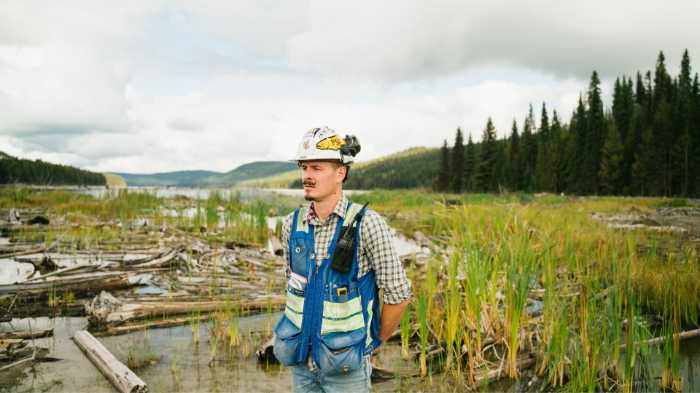
The Institution of Environmental Management and Assessment (IEMA) is the world’s largest membership body for environmental management and sustainability professionals, with over 15,000 members in over 150 countries. The IEMA certificate in environmental management is internationally recognized and valued by employers and provides a framework for environmental managers to develop their skills and knowledge.
The IEMA qualifications cover a wide range of topics, including environmental management systems, sustainable development, climate change, waste management, and water resources. The qualifications are designed to help environmental managers to progress in their careers, and to make a positive contribution to the environment. With an IEMA qualification, environmental managers can be confident that they have the skills and knowledge to make a real difference.
What are the IEMA environmental sustainability skills?
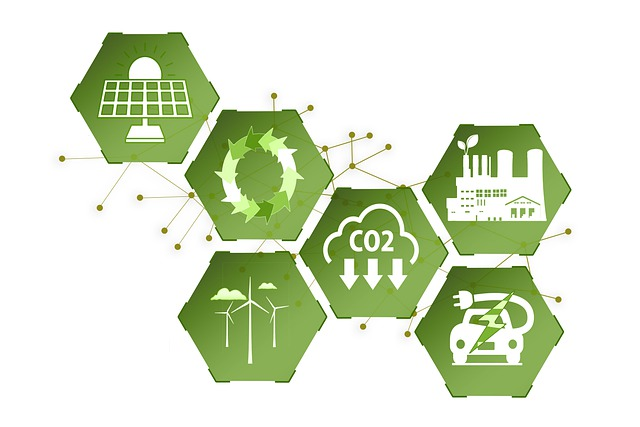
The Institute of Environmental Management and Assessment is a globally recognized professional body that focuses on promoting environmental sustainability. One of the most important aspects of their work is developing and promoting skills that help to promote environmentally responsible behavior. These skills can be grouped into four main categories:
Knowledge
First, IEMA recognizes the importance of building knowledge about environmental issues and best practices. That includes developing an understanding of how our actions affect the environment and what steps we can take to minimize negative impacts. This includes raising awareness about issues such as climate change and waste management, as well as sharing information on things like renewable energy sources and green building techniques.
Values
Second, IEMA also emphasizes the importance of internalizing values that support environmental sustainability. This includes building a sense of responsibility for our impact on the planet and a respect for its natural systems. It also involves promoting ethical decision-making when it comes to environmental issues, encouraging people to act in ways that align with their personal values around protecting nature.
Motivation
Third, IEMA recognizes the need to build strong motivation for sustainable practices by showing how doing so can benefit individuals, communities, businesses, and society at large. For example, they may highlight how taking steps to reduce energy consumption can help protect health and save money. Or they may emphasize the importance of sustainable practices for future generations or for biodiversity.
You can’t improve what you don’t measure.
Free Verified Carbon Calculators.
Erase Your Carbon Footprint in less than 5 Minutes
Personal Carbon Footprint Calculator
Business Carbon Footprint Calculator
Behaviors
Finally, IEMA works to promote specific behaviors that lead to environmental sustainability. This includes things like conserving energy and water, reducing waste, choosing environmentally friendly products, and supporting renewable energy sources. By taking these types of actions, we can all make a difference in the fight against climate change and other environmental threats.
IEMA is just one of many organizations working to promote environmental sustainability. However, their focus on developing and promoting skills is an important part of the equation. By helping people develop the knowledge, values, motivation, and behaviors needed to make sustainable choices, they are playing a vital role in protecting our planet.
What is the environmental performance of a sustainability practitioner?
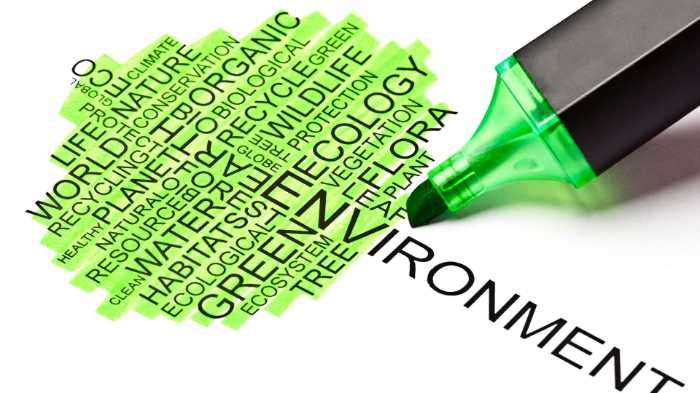
In the field of environmental management, sustainability practitioners play an important role in evaluating and implementing effective strategies to protect and preserve the natural environment. The main goal of a sustainability practitioner is to meet business goals in a way that is environmentally conscious and sustainable.
As such, their overall environmental performance can have a major impact on their success as well as the health and well-being of our planet. Some of the key factors that contribute to the environmental performance of sustainability practitioners include their ability to assess risks and impacts, communicate effectively with stakeholders, and build partnerships that promote collaboration and cooperation.
Additionally, they must also be able to navigate complex regulatory requirements while staying up-to-date on evolving trends and best practices within the field. Overall, it is clear that a practitioner’s commitment to environmental stewardship is critical for achieving lasting positive change.
What are the environmental principles of IEMA?
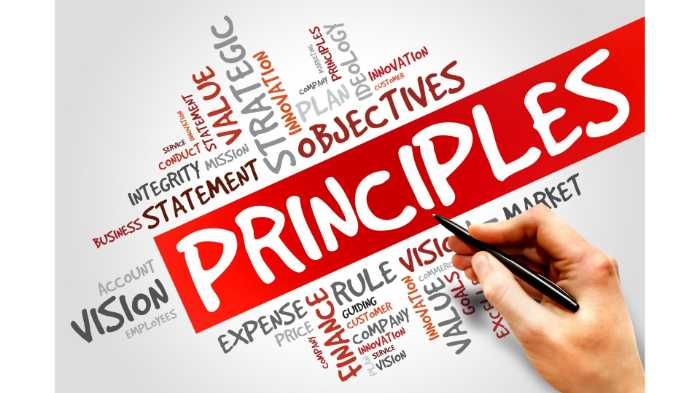
At the heart of IEMA’s environmental principles, major policy is a commitment to environmental sustainability. This means prioritizing conservation and stewardship in all areas of our work, from research and development to industry partnerships and educational programming. One important aspect of this commitment is the development and promotion of technology that reduces, rather than exacerbates, our impact on the environment.
The Institute of Environmental Management and Assessment also advocates for more rigorous regulations across various industries, including manufacturing and transportation. Additionally, it takes an active role in shaping public opinion through education efforts aimed at raising awareness about critical environmental issues like climate change and solid waste management. Ultimately, by upholding these sustainability principles, IEMA members aim to support sustainable development both now and in the future.
Conclusion
The IEMA certificate in environmental management and assessment is a successful online course that covers the governance implications of environmental risks and trends. The course provides organizations with the knowledge and skills necessary to make a positive difference in the world. Organizations that have successfully completed this online course receive an IEMA certificate. They must be able to navigate complex regulatory requirements, stay up-to-date on global trends, and build partnerships that promote collaboration.
FAQs

What are the benefits of practitioner membership?
In an IEMA practitioner membership, you will have access to a wide range of resources that are designed to enable businesses to improve sustainability performance. These resources include online learning through a virtual classroom and solutions data collection.
How does the certificate in environmental management help produce sustainable products?
The certificate in environmental management is a valuable tool for those looking to develop innovative and sustainable products. This program equips participants with the knowledge and skills needed to create effective systems for developing sustainable products. By focusing on key areas such as resource conservation, energy efficiency, and pollution prevention, this program helps businesses develop products that are not only high-quality but also economically and environmentally efficient. Whether you are a product designer, manufacturer, or retailer, earning a certificate in environmental management can help you develop sustainable products that are competitive in today’s global market.
What is a critical analysis of the IEMA certificate in environmental governance?
A critical analysis of the IEMA certificate in environmental governance is important for those who want to understand how this document can be used to improve the sustainability of their organization. The IEMA certificate in environmental governance provides a framework for organizations to assess their environmental performance and make improvements. This document is also useful for those who want to learn more about environmental governance and the principles of sustainable development.
What are the sustainability issues of an average organization?
Many organizations have sustainability issues. The most common sustainability issues are: reducing greenhouse gas emissions, improving energy efficiency, using renewable energy, reducing water consumption, and waste reduction. Sustainability issues can have a significant impact on an organization’s bottom line, so it is important for organizations to consider them when making decisions.
What engagement tools do The Institute of Environmental Management and Assessment use?
The Institute of Environmental Management and Assessment uses a variety of engagement tools, including social media, events, and webinars.
What performance improvements can I expect?
IEMA’s program is designed to help you improve your environmental performance. You can expect to see improvements in your resource efficiency, waste management, and emissions reduction.
How long does it take to complete the IEMA membership certificate?
The IEMA certificate in environmental management and assessment can be completed in as little as 15 days.
We would also recommend you read
Learn How to Manage Your Finances

Dean Emerick is a curator on sustainability issues with ESG The Report, an online resource for SMEs and Investment professionals focusing on ESG principles. Their primary goal is to help middle-market companies automate Impact Reporting with ESG Software. Leveraging the power of AI, machine learning, and AWS to transition to a sustainable business model. Serving clients in the United States, Canada, UK, Europe, and the global community. If you want to get started, don’t forget to Get the Checklist! ✅
